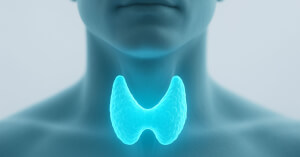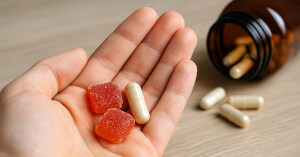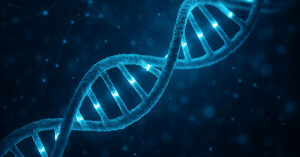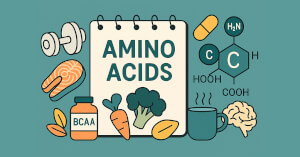
What Supplements Do You Really Need on a Vegan Diet?
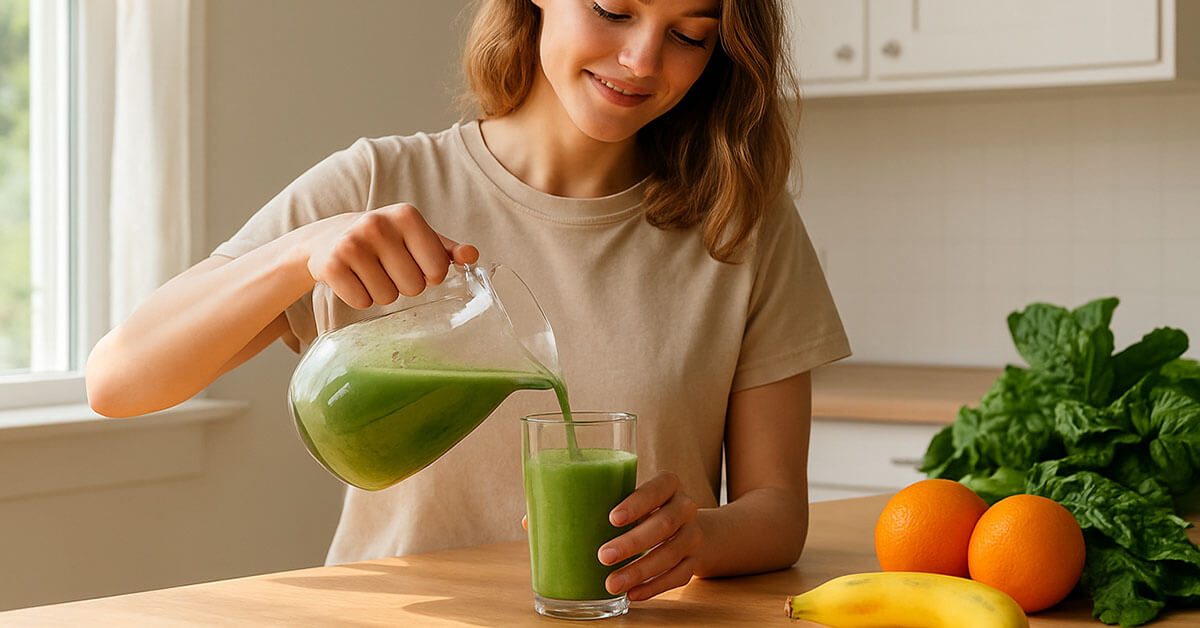
Switching to a vegan diet is a powerful step for your health, the planet, and animals. But cutting out all animal products also means removing key nutrient sources. While plants provide most of what your body needs, some vitamins and minerals are harder to get from plant foods alone. That's where supplements come in.
Let's look at the essential nutrients that vegans should pay attention to, and which supplements can help fill the gaps safely and effectively.
Why Supplements Matter on a Vegan Diet
Plant-based diets are rich in fiber, antioxidants, and phytonutrients, but they can be low in certain nutrients like vitamin B12, vitamin D, iron, zinc, and omega-3 fatty acids. These nutrients are crucial for energy, brain health, and strong immunity.
Studies have shown that vegans often have lower blood levels of vitamin B12 and DHA, which are important for nerve and brain function. Fortunately, these shortfalls can be easily corrected with the right supplement strategy.
The Most Important Supplements for Vegans
Vitamin B12
Vitamin B12 is vital for nerve function and red blood cell production. It is naturally found only in animal products like meat, eggs, and dairy. Without supplementation, vegans are at high risk of deficiency, which can cause fatigue, tingling in hands and feet, and even memory problems.
Several studies proved that daily or weekly B12 supplementation keeps vegan blood levels in the normal range and prevents neurological symptoms.
✔️ Typical Dosage Range: 250–500 µg daily, or 2000 µg once per week (as methylcobalamin or cyanocobalamin).
Iron
Iron helps transport oxygen throughout your body. Although plant foods like lentils, spinach, and beans contain iron, it is in the non-heme form, which your body absorbs less efficiently than the heme iron found in meat.
Pairing iron-rich foods with vitamin C, like citrus fruits or bell peppers, boosts absorption. Women, especially those with heavy periods, should pay special attention to their iron status. Research found that vegan women are more likely to have low ferritin levels, which can lead to tiredness and weakness.
✔️ Typical Dosage Range: 8–18 mg daily depending on gender and iron status (ferrous bisglycinate or sulfate forms are common).
Vitamin D
Vitamin D supports bones, muscles, and the immune system. It's known as the “sunshine vitamin” because your body produces it when your skin is exposed to sunlight. But during winter months or for people who live in northern areas, sunlight may not be enough.
Studies proved that supplementing with vitamin D3 improves bone mineral density and mood during darker months. Look for a plant-based D3 made from lichen rather than animal-derived sources.
✔️ Typical Dosage Range: 1000–2000 IU daily, or higher under medical advice if levels are low.
Omega-3
Omega-3 fatty acids, particularly DHA and EPA, play a key role in heart, brain, and eye health. While flaxseeds, chia seeds, and walnuts provide ALA (a precursor form), only a small portion of it converts to DHA and EPA in the body.
Algae-based omega-3 supplements offer a direct vegan source of DHA and EPA. Research has shown that taking algal oil significantly raises blood DHA levels, similar to fish oil users.
✔️ Typical Dosage Range: 250–500 mg combined DHA + EPA per day.
Zinc
Zinc is important for immune defense, skin repair, and hormonal balance. Although whole grains, beans, and seeds contain zinc, they also have phytates, compounds that reduce absorption. So vegans may need slightly more zinc than omnivores.
Clinical data suggests that moderate zinc supplementation helps maintain optimal immune function and wound healing in plant-based eaters.
✔️ Typical Dosage Range: 8–14 mg daily (as zinc gluconate or citrate).
Iodine
Iodine is essential for thyroid hormones, which regulate metabolism and energy. In vegan diets, iodine can be lacking unless you regularly use iodized salt or eat seaweed. Both too little and too much iodine can affect thyroid function.
Some studies noted mild iodine deficiency in vegan adults, which can lead to fatigue or cold intolerance. A small supplement or occasional seaweed (like nori or kelp) can help balance intake.
✔️ Typical Dosage Range: 150 µg daily, ideally from potassium iodide or kelp-based sources.
Calcium
Calcium keeps your bones and teeth strong and also supports heart and muscle function. Many vegan foods like fortified plant milks, tofu, and leafy greens contain calcium, but daily needs can be hard to meet without planning.
Research has shown that calcium intake below 500 mg per day increases fracture risk over time. If your diet is not rich in calcium-fortified foods, a supplement may help you reach the recommended intake.
✔️ Typical Dosage Range: 500–1000 mg daily, preferably in divided doses for better absorption.
How to Build a Balanced Vegan Supplement Routine
Start by testing your vitamin B12, iron, and vitamin D levels once or twice a year. This helps you identify specific needs before adding supplements. Choose high-quality, third-party tested products and avoid taking everything at once unless advised by a professional.
For best absorption, take iron and zinc separately from calcium, and take vitamin D and omega-3 with meals containing healthy fats. A simple, consistent routine is better than overloading your body with too many pills.
Final Thoughts
A vegan diet can absolutely meet your nutritional needs when well planned. Supplements are not a sign of failure, they are just smart insurance to keep your body strong and your energy high. With a few well-chosen additions, your vegan journey can stay balanced, healthy, and long-term sustainable.
Frequently Asked Questions
What supplements should a vegan take?
Vegans should focus on key nutrients that are harder to get from plant foods, such as vitamin B12, vitamin D, iron, zinc, iodine, calcium, and omega-3 fatty acids (DHA and EPA from algae). These nutrients support energy, immunity, and brain function on a vegan diet.
Is it possible to get all nutrients on a vegan diet without supplements?
It's difficult but not impossible. You can cover most nutrients through a well-planned diet that includes fortified foods, but vitamin B12 and often vitamin D are nearly impossible to maintain at optimal levels without supplementation. Testing your levels once or twice a year helps you stay balanced.
What happens if a vegan doesn't take vitamin B12?
Without enough B12, your body can't produce healthy red blood cells or support nerve function. Deficiency may cause fatigue, brain fog, and even nerve damage over time. Regular B12 supplements prevent these problems and are essential for long-term vegan health.
Do vegans need omega-3 supplements?
Yes, most vegans benefit from an algae-based omega-3 supplement. While flax and chia seeds provide ALA, your body converts only a small portion to DHA and EPA, which are critical for brain, heart, and eye health.
What is the best multivitamin for vegans?
The best vegan multivitamin should include vitamin B12, D3 (from lichen), iodine, zinc, and sometimes iron or calcium depending on your needs. Always choose products labeled as “vegan” and tested for purity.
This article was originally published on Stackbb, your trusted source for science-based supplement guides.
